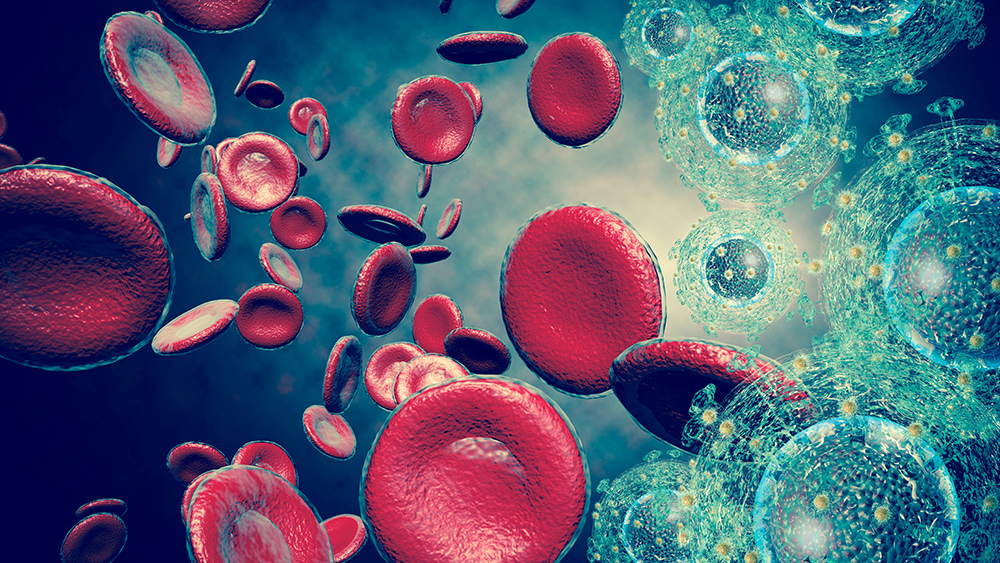Dr. Peter Duesberg's 1996 book challenges HIV-AIDS link, sparking decades-long debate in medical community
- Dr. Peter Duesberg's book "Inventing the AIDS Virus" challenges the widely accepted theory linking HIV to AIDS, questioning the scientific evidence behind the virus-AIDS hypothesis.
- Duesberg argues that AIDS is not a single disease but a collection of pre-existing conditions, suggesting that HIV may be a convenient marker rather than the sole cause. He criticizes the HIV-AIDS link for failing to meet Koch's postulates, noting that HIV is rarely found in tissues affected by AIDS and has a long latency period inconsistent with other viruses.
- Duesberg proposes an alternative explanation, suggesting that the long-term use of recreational drugs like nitrite inhalants, cocaine and heroin may be the real cause of AIDS, supported by data on drug trends and AIDS cases.
- Duesberg's theories face significant backlash from the scientific establishment but continue to raise important questions about the need for reevaluation and open inquiry in AIDS research.
Virologist and HIV researcher Dr. Peter Duesberg's 1996 book "
Inventing the AIDS Virus" has been sparking debates over the AIDS epidemic and challenging mainstream medical science since its publication back in 1996.
Duesberg argues that the widely accepted theory linking HIV (Human Immunodeficiency Virus) to AIDS (Acquired Immunodeficiency Syndrome) is fundamentally flawed, despite nearly three decades of research and billions of dollars in funding. His assertions raise critical questions about the direction of AIDS research today and the implications for global health.
Duesberg's central argument centers on what he calls the "virus-AIDS hypothesis," which posits that HIV is the sole cause of AIDS. He contends that this theory lacks sufficient scientific evidence and has led to ineffective treatments and misguided public health strategies.
Duesberg points to a glaring inconsistency: AIDS is not a single disease but a collection of 30 pre-existing conditions such as Kaposi's sarcoma and tuberculosis.
If a person has one of these diseases along with HIV antibodies, it is classified as AIDS. Without the antibodies, it retains its original name. This, Duesberg argues, raises questions about whether HIV is truly the cause or merely a convenient marker. (Related:
AIDS caused by “gay lifestyle,” not HIV, says biologist.)
Duesberg's critique extends to the scientific foundation of the HIV-AIDS link. He notes that HIV fails to meet Koch's postulates, the century-old criteria for establishing that a microbe causes a disease. For instance, HIV is rarely found in the tissues affected by AIDS, such as brain neurons in dementia patients. Additionally, the long latency period attributed to HIV — during which individuals may remain asymptomatic for years — is inconsistent with
the behavior of other viruses, which typically cause disease within days or weeks.
In place of the HIV-AIDS hypothesis, Duesberg proposes an alternative explanation: The long-term use of recreational drugs such as nitrite inhalants, cocaine and heroin may be the real cause of AIDS. These drugs, he argues, are toxic and can suppress the immune system, leading to weight loss and other AIDS-defining symptoms.
Duesberg supports his claim with data showing that the rise of AIDS in the United States and Europe correlates with the popularity of these drugs in the 1970s and 1980s. He also notes that AIDS symptoms differ in Africa, where malnutrition and tuberculosis are more prevalent, suggesting regional variations in causation.
Duesberg's unconventional theories have not been met with universal acceptance. He has faced significant backlash from the scientific establishment, including accusations of spreading misinformation and attempts to marginalize his work. Despite this, Duesberg has persisted, assembling a small but vocal group of scientists and activists who share his
skepticism of the HIV-AIDS hypothesis. His persistence raises broader questions about the challenges faced by dissenters in scientific research and the importance of open inquiry in the pursuit of truth.
As the debate over the cause of AIDS continues, Duesberg calls for a reevaluation of the HIV-AIDS hypothesis and a shift in research priorities. He advocates for a closer examination of the role of recreational drugs, malnutrition and other risk factors in the development of AIDS. By doing so, he argues, researchers may uncover more effective prevention and treatment strategies, ultimately improving outcomes for those affected by the disease. (Related:
HIV-1 people can boost their immune system with Korean red ginseng.)
Duesberg's critique of the HIV-AIDS hypothesis represents a significant challenge to mainstream medical thought. While his arguments remain controversial, they underscore the need for continued scrutiny and innovation in AIDS research. As the global community grapples with
the ongoing AIDS epidemic, the debate over its origins and causes serves as a reminder of the importance of questioning assumptions and embracing scientific dissent.
Find more stories like this at
CensoredScience.com.
Watch this video discussing in detail Dr. Peter Duesberg's book "Inventing the AIDS Virus."
This video is from the
BrightLearn channel on Brighteon.com.
Sources include:
Brighteon.ai
Brighteon.com












